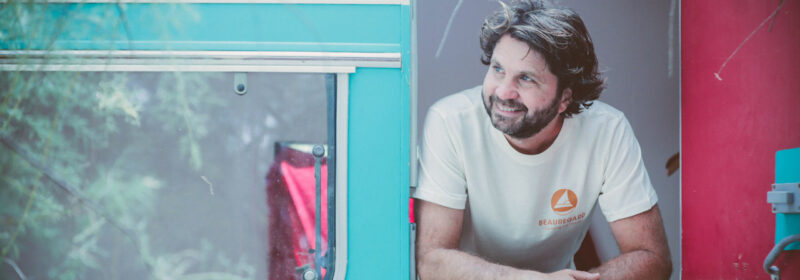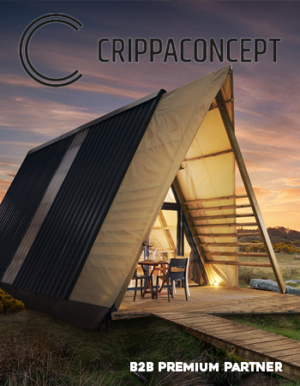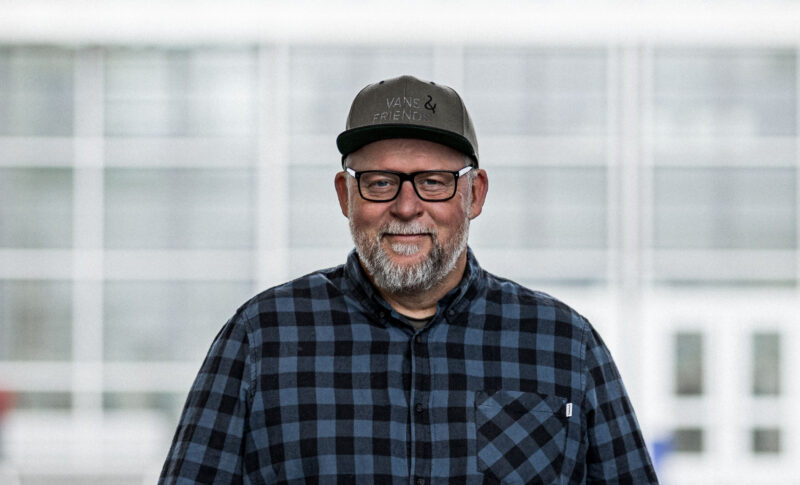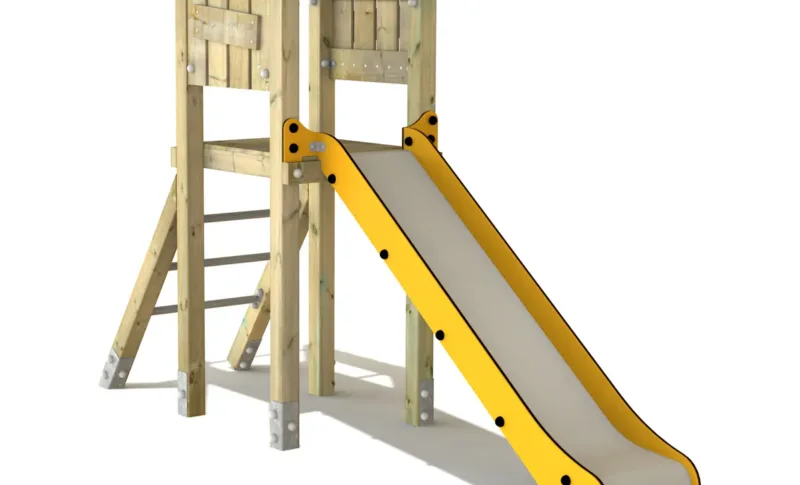
Many campsites invest in rental camping and glamping, like our previous interview partner Loek van de Loo. Others only welcome guests who arrive with their own tent, caravan or motorhome. Read our interview with Mathieu Maurel, owner of Camping Beauregard in Marseillan Plage, southern France. He relies on campers arriving with their own camping equipment. One of the main features of the campsite is that there is no rental accommodation.
ADAC-Camping: Monsieur Maurel, may we know the reason why there are no mobile homes at your Beauregard campsite, unlike at many other French campsites?
Mathieu Maurel: I was a supplier in the food sector when I switched to camping in 2008. At the time, I was a bit surprised that for many, profit was more important than good customer service. For us, however, camping was and is a family business. We decided to focus on quality instead of quantity, to offer holiday “delicacies” instead of standardised mass products. A decision for our guests and for us – for how we want to live.
To live and work professionally by the sea, on a particularly beautiful spot of earth, is a privilege. Here we don’t want to offer mobile homes, but classic camping. We have never regretted the decision – both professionally and personally.
How has rental camping changed the industry?
The industry’s strong orientation towards rental camping has led to guests of classic campsites also booking rental accommodation. Nevertheless, the classic pitches for guests with their own equipment were still more or less in balance with the pitches for rental accommodation. But the increasing power of some large companies that are expanding rental camping on popular coasts is also claiming victims: camping fans who can no longer find a nice place with their own equipment.
Can campsites offer both in the long term – classic camping with their own equipment and rental camping? Or do the two target groups not get along?
In my opinion, a general comparison is no longer appropriate. Rather, I consider the modular, flexible and resource-saving design of a campsite to be decisive today.
This also means simplifying our products and services in a positive sense. The decisions from the past, especially the interventions in nature, almost force us to return to the original “DNA” of a campsite. This means that the site is used for recreation for a period of time and then returned to its original, natural form.
An example of modular use is the food truck. It can be moved or removed again in a resource-saving way. In this way, it supports the ecological transformation of a campsite. Another example is our self-developed, individual sanitary facilities. We can easily relocate them on the site so that sealing does not increase and resources are conserved.
Do you sometimes welcome guests who previously booked mobile homes or rented tents and then bought their own camping equipment?
Since the Corona pandemic, we see a new group of guests: families arriving in vans and mobile homes, often from urban centres. They have previously booked hotels, mobile homes or Air B&B, but now simply want to “get out” into the open. Whether this phenomenon is only caused by Corona or is an underlying trend, we can’t say for sure. We also welcome guests who used to have a caravan, then switched to rental camping in a mobile home and are now returning to their first love, the holiday in a caravan.
How do you assess the trend towards microcamping, camping on private land with very few pitches? Is it an opportunity or a risk for campsite entrepreneurs?
We see microcamping and thus the “Uberisation” in our industry as a challenge. Because the operators of intermediary platforms do not reinvest their profits in the campsites, not in the products. We see this in the hotel industry with dramatic consequences for some traditionally run hotels. In France, thanks in particular to our association FNHPA (Fédération Nationale de l’Hôtellerie de Plein-Air), we have met the challenge vis-à-vis Booking and tour operators.
I think we should apply the same energy to our response to microcamping. Our costs are inevitably higher than those of a front garden owner who mows his lawn to offer three camper van pitches. Proper campsites, on the other hand, have to meet many times the regulatory and safety requirements and offer comprehensive holiday quality.
Mr Maurel, thank you very much for the interview.



